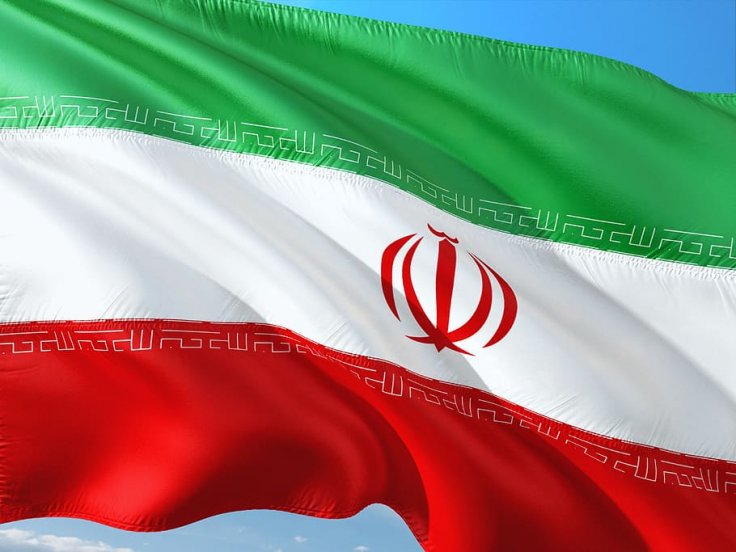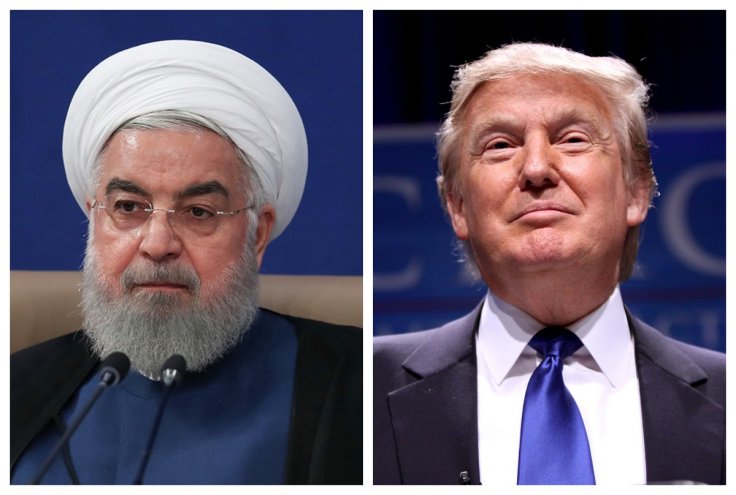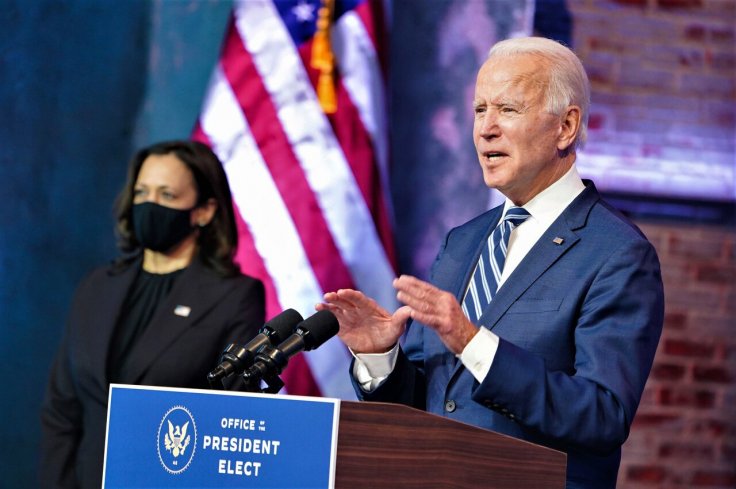Amid escalating tensions between the US and Iran, the Asian country has decided to ramp up its uranium enrichment program. After news broke out indicating that Iran would continue its uranium enrichment drive, the country informed the International Atomic Energy Agency (IAEA) that it would enrich uranium by up to 20 percent purity. As per Vienna Accord, Iran was allowed to enrich uranium only up to 3.67 percent purity.
After US President Donald Trump announced withdrawal from the Iran nuclear deal (Joint Comprehensive Plan of Action) in 2018, the country slowly breached the threshold to 4.5 percent. Now, with its intention to achieve 20 percent purity, Iran moves closer to weapons-grade uranium that needs up to 90 percent enrichment.

"Iran has informed the Agency that in order to comply with a legal act recently passed by the country's parliament, the Atomic Energy Organization of Iran intends to produce low-enriched uranium (LEU) up to 20 percent at the Fordow Fuel Enrichment Plant," the IAEA said in a statement, adding that Iran didn't specify when it would begin the enrichment activity.
Iran's Retaliation
After months of negotiation, the US and its allies were able to reach an agreement that would have kept Iran out of developing nuclear weapons in exchange for lifting economic sanctions. But Trump's withdrawal from the deal sent a wrong signal. Although the President demanded a stricter deal to keep Iran at bay, the Asian country's hardliners who opposed the deal from the beginning pushed for a law to end IAEA inspections.
The situation quickly escalated after the US assassinated Iranian Major General Qasem Soleimani on January 3, 2020. As Iran vowed retaliation, Israel allegedly planned the assassination of physicist Mohsen Fakhrizadeh, head of Iran's nuclear program on November 27, 2020. Following the incident, a push for a law to end the IAEA inspection grew even stronger.
It prompted the Iranian parliament to hastily pass a law to ramp up the production and storage of enriched uranium. The nine-article bill that became law on November 28, 2020, mandated the Atomic Energy Organization of Iran (AEOI) to store at least 120 kilograms of enriched uranium with a 20 percent purity level. Furthermore, the law required the AEOI to increase the number to 1,000 IR-2M centrifuge machines by March 2021 and conduct research and development with at least 164 IR-6 centrifuges.

Mojtaba Zonnoor, chairman of the Parliament's National Security and Foreign Policy Commission, told Tasnim News that the law was against the injustice of sanctions. He said despite Iran complying with the JCPOA recommendations, the US re-imposed sanctions. Even IAEA agreed that Iran was in compliance.
Ball in Biden's Court
Trump's decision to withdraw from the Iran nuclear deal did not sit well amongst the US' European allies. Since then, Trump has strengthened sanctions against Iran and also expressed his desire to launch a strike against the country. But his advisers talked him out of it as they thought it could escalate to a full-fledged war that could drag neighboring countries and even Russia.
However, the incoming Biden administration has indicated that it would rejoin the Iran nuclear deal to deescalate the situation. Even though Iranian President Hassan Rouhani welcomed US President-elect Joe Biden's desire to rejoin JCPOA, it won't be easy. Biden would be under pressure from domestic lawmakers to redraw the deal with stricter measures. With Rouhani set for reelection in 2021 and under pressure from fellow hardliners, he may not budge.

Apart from that, US Republican senators, who are expected to maintain a majority, have opposed Biden's plans to rejoin the deal. Two Republican senators and Trump loyalists — Ted Cruz and Lindsey Graham — have asked the President to submit ratification of the 2015 deal to block Biden's attempts to rejoin the agreement.
"I urge you now to remedy the harm done to the balance of powers by submitting the Iran deal and the Paris agreement to the Senate as treaties. Only by so doing with the Senate be able to satisfy its constitutional role to provide advice and consent in the event any future administration attempts to revive these dangerous deals," Cruz wrote in a letter that was obtained by RealClearPolitics.









